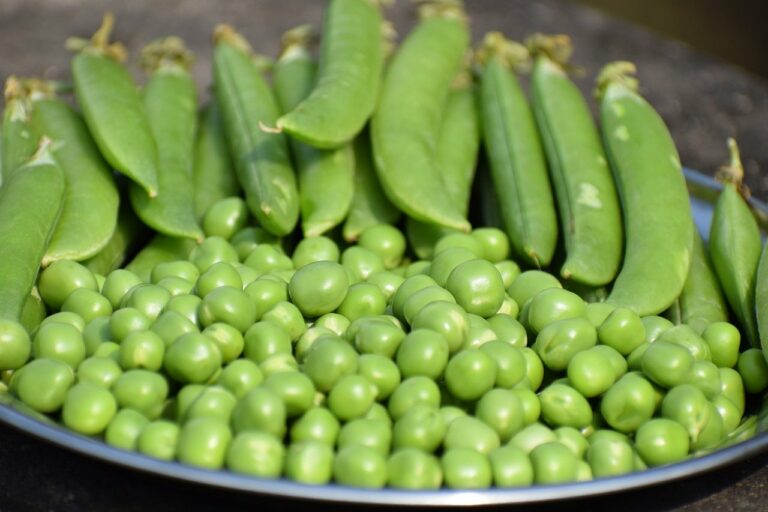The Benefits of Cooking with Sustainable Seafood: Preserving Marine Ecosystems
Choosing sustainable seafood is crucial for ensuring the health of our oceans and marine life. When we opt for sustainably sourced fish and shellfish, we are supporting practices that aim to maintain the long-term viability of aquatic ecosystems. By preventing overfishing and minimizing harm to non-target species, we can help preserve biodiversity and protect the balance of marine ecosystems.
Eating sustainably sourced seafood also benefits our own health. Sustainable fisheries prioritize the use of responsible methods that avoid depleting fish populations and damaging ocean habitats. By consuming seafood that is sourced sustainably, we can enjoy the nutritional benefits of fish while promoting environmentally friendly practices in the fishing industry.
Supporting Local Fisheries and Communities
In the realm of sustainable seafood, supporting local fisheries and communities is paramount. By choosing to buy seafood directly from local fishermen, consumers can help strengthen the economic backbone of coastal towns and villages. This not only aids in preserving traditional fishing practices but also fosters a sense of community pride and unity.
Additionally, investing in local fisheries can have a positive ripple effect on the environment. When fishermen are supported, they are more inclined to prioritize sustainable fishing methods and conservation efforts. This, in turn, helps in reducing overfishing and minimizing harmful bycatch, safeguarding the delicate balance of marine ecosystems for future generations.
• By choosing to buy seafood directly from local fishermen, consumers can help strengthen the economic backbone of coastal towns and villages
• Supporting local fisheries aids in preserving traditional fishing practices and fosters a sense of community pride and unity
• Investing in local fisheries can have a positive ripple effect on the environment
• Supported fishermen are more inclined to prioritize sustainable fishing methods and conservation efforts
• This helps in reducing overfishing and minimizing harmful bycatch, safeguarding marine ecosystems for future generations
Reducing Overfishing and Bycatch
Overfishing is a pressing issue that continues to threaten the health of our oceans and marine ecosystems. The relentless pursuit of large quantities of fish has led to the depletion of certain species, disrupting the delicate balance of the food chain. In order to address this problem, it is crucial for fisheries to adopt sustainable fishing practices that prioritize the long-term health of fish populations.
Additionally, the issue of bycatch presents another challenge in the fishing industry. Bycatch refers to the accidental capture of non-target species, such as sea turtles, dolphins, and seabirds, in fishing gear. This not only results in the unnecessary loss of marine life but also contributes to the overall decline in biodiversity. To mitigate the impact of bycatch, implementing measures such as using more selective fishing gear and enforcing stricter regulations can help protect vulnerable species and promote a more sustainable fishing industry.
What is sustainable seafood?
Sustainable seafood refers to fish and seafood that is caught or farmed in a way that ensures the long-term health and stability of the marine environment, as well as the livelihoods of fishing communities.
How can consumers support sustainable seafood?
Consumers can support sustainable seafood by choosing to buy seafood that is certified as sustainable by organizations such as the Marine Stewardship Council or by asking questions about where and how the seafood was caught or farmed.
What is overfishing?
Overfishing occurs when fish stocks are depleted to the point where they can no longer support a healthy ecosystem or a viable fishery. This can lead to the collapse of fish populations and negative impacts on the marine environment.
What is bycatch?
Bycatch refers to the unintentional capture of non-target species, such as dolphins, turtles, or seabirds, in fishing gear. Bycatch can have serious consequences for these species and for the overall health of marine ecosystems.
How can overfishing and bycatch be reduced?
Overfishing and bycatch can be reduced through the implementation of science-based fisheries management practices, such as setting sustainable catch limits, improving fishing gear technology, and implementing measures to avoid or reduce bycatch. Consumers can also play a role by choosing to support sustainable seafood options.







